What happened on the 26th & 27th of February, 2019 will possibly go down as one of the most historic events in the Indo-Pak relation and could possibly shape the way these two nuclear-powered nations engage for decades. While media houses across both the borders are busy contemplating war, creating some 3rd grade CGI on how the attack took place, providing a 4 step guide on how both the countries can invade each other and most off all spreading their propaganda. What in all this noise they failed to do was perhaps provide the right news and talk about the impact these strikes have already had. What is considered to be the right news, will very much depend upon which side of the border you are in but the impact can very easily be accessed regardless of your borders.
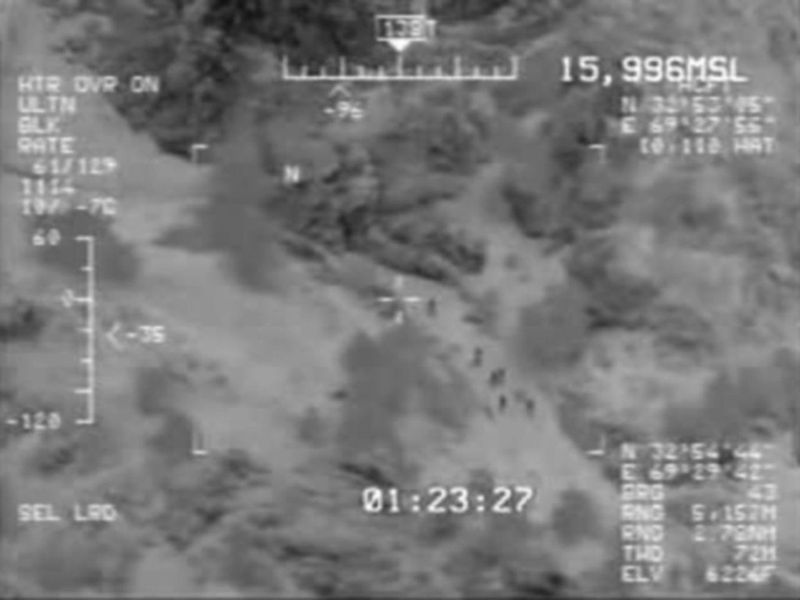
In the last 2 days, India used French jets(Mirage 2000) with Israeli bombs to destroy terror camps that are a remnants of a problem that the British created, along with the main strike package they used Russian air superiority jets (SU-30MKI & Mig-21) and support aircraft all guided by a Brazilian aircraft with Indian Radars and surveillance systems (NETRA). Meanwhile, Pakistan used Chinese (JF-17) and American (F-16) jets to defend its territory and perhaps a terrorist that is shield by China. So basically, two countries that can barely meet their domestic defence requirements talked about going at war about an issue that they inherited from their colonial master and fueled by constant domestic and international misadventures. So if India and Pakistan go at war the answer to who will benefit the most is anyone’s guess, but the answer to who will lose the most is very simple its India and Pakistan. In short, in a post-war world India would no longer be a global economic powerhouse and well Pakistan will most likely not be. However, in absolute terms, India would lose a lot more than Pakistan. Now, I will not spend (waste) my time talking about nuclear explosions, fall outs and other fictional outcomes of an all-out nuclear war because it will NOT HAPPEN. But what I will talk about is the outright economic impact of just the events of 27th of February have had and what we could learn from it.
Thanks to the love between these two countries they are both down 1 jet each and the so-called war hasn’t even started yet and don’t even get me started on other costs of escalations (high alert for the army and airforce, constant patrol, etc) and the thousands of dollars worth of shells they fired on each other. These are all major costs and most of the media houses would one day or the other talk about it. But what they wouldn’t talk about is the seemingly minor costs which have major economic impacts and that is why I would like to draw your attention to is the complete closure of Pakistani airspace throughout the day and partial closure of Indian airspace for a few hours. Let’s just talk about the economic impact this small act has had on both the economy. What very few of us know it that countries charge airline fees for using their airspace at, at least, $60 per 100 nautical miles, the amount might not seem as much. But if you take into account the length and width of Pakistan and the huge number of aircrafts that overfly the country, the amount easily adds up to millions of rupees every day. Millions in almost free revenue lost because of some foolish misadventures. Couple that with all the cancellation cost that airlines in Pakistan had to incur and the number of people who could not get where they wanted to be and you will start to understand the impact of just this preventive measure.
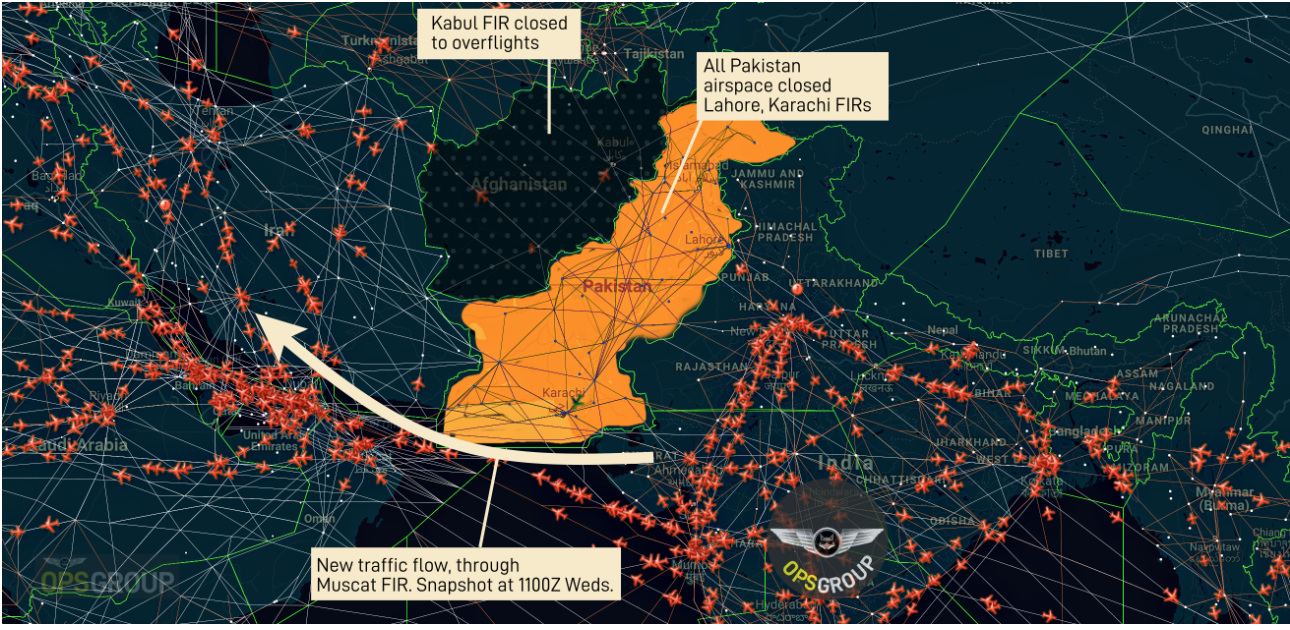
While India might have benefited from the extra distance these aircraft stayed in its territory to avoid Pakistani airspace. Its airlines lost way more in fuel and crew cost by taking those diversions and cancelling fights early in the morning on most of its northern routes. What’s more, the closure of airspace even if for a short duration will have a cascading effect on the ticket pricing and will put Indian and Pakistan back on the list of high risk/ unpredictable countries. And this is just ONE DAY of escalation, imagine the impact of an extended escalation let alone war would have on the two economies.
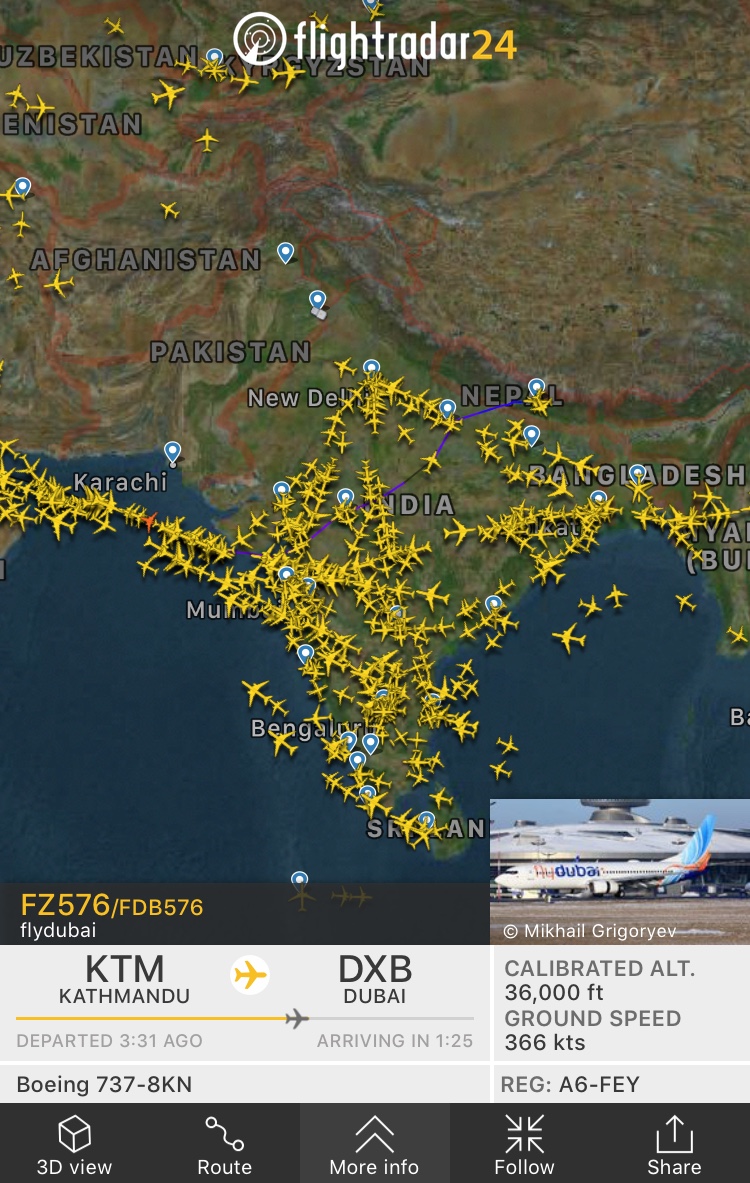
I know you would say that it’s not about the economy, it’s about revenge and also that India is a giant economy and we can take these minor hits. On the other hand, these small incidents would have a major impact on the Pakistani economy and to be honest I completely agree with you. However, it is this bad shape of Pakistani economy that provides fuel to all the miss-adventures they carry out and without a plan for the complete elimination of these miscreants, we would just be providing more fuel to the fire. Just like you, I am happy that we took a bold initiative and would love to see some more strong actions. But unlike most of the over-enthusiastic and trigger happy people on both the side I am aware of what escalation would bring in terms of death and destruction and hence am requesting you to exercise restraint and think through all your actions. Let the government do its job and you keep doing yours.
Also a brief note to all my social media warriors, I read somewhere that while the 26/11 attack lead to 166 deaths, the extra hour that all the Indians spent for 2 days glued to their television sets lead to a loss of over 2.4 billion man hour in other words 273,972 years. Which is hundreds of times more than the total physical/countable loss due to the attack. So if you want to actually do something kindly focus on your real job or try and curb the spread of fake news instead of being a source of one.
P.S.: I spent 2.5 hours writing this article and another hour getting it to you.

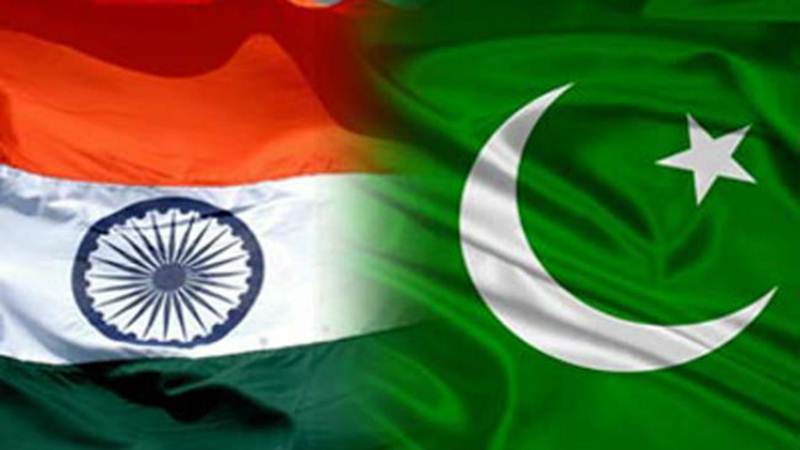
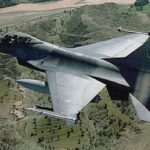
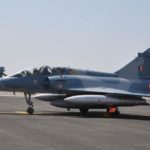
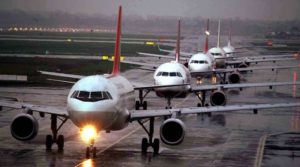
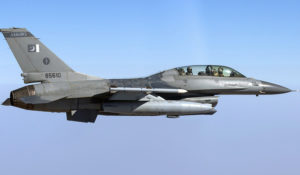
nicely written. But to be honest don’t agree with this.This may be called as different generation different thought. 🙏🏽🙏🏽
The cascading and compounded effect of war must be compared with the slow attrition that has been inflicted on us by the other side. War is never pretty or cheap. That’s why such decisions are best taken by those who are vested with that responsibility, not media anchors and armchair theorists frothing at the mouth.
Cross border export of terror must stop. If it needs a small retreat economically, so be it. We must steel ourselves.
The nonsense the world receives from Pakistan has to stop. Maybe other affected countries can collaborate too.
In the end “war is something where young men fight and old men talk”…hope the wise old men are talking.
I hope so too… and I hope that people at home understand the real cost of war/escalation. I agree with your point nut making our readers aware of a neutral point is also just as important. Today it was a pilot they did not know tomorrow it could be someone they do, today it’s all slogans and chants tomorrow it could be transportation disruptions and economic impact. Armed forces personnel like you know what it is all about but most people don’t and hence it’s even more important to tell them before we get into something from which there is no turning back.
Excellent. Well, I am not in awe of style and literary excellence and the great extent of research., I am proud to see the cord of nationalism. Proud of you, not that you were a student but a piece of Antony embedded in you.
I really hope that this article is a compulsory article in school books, to instil value of time and understanding how to build economy.
God bless